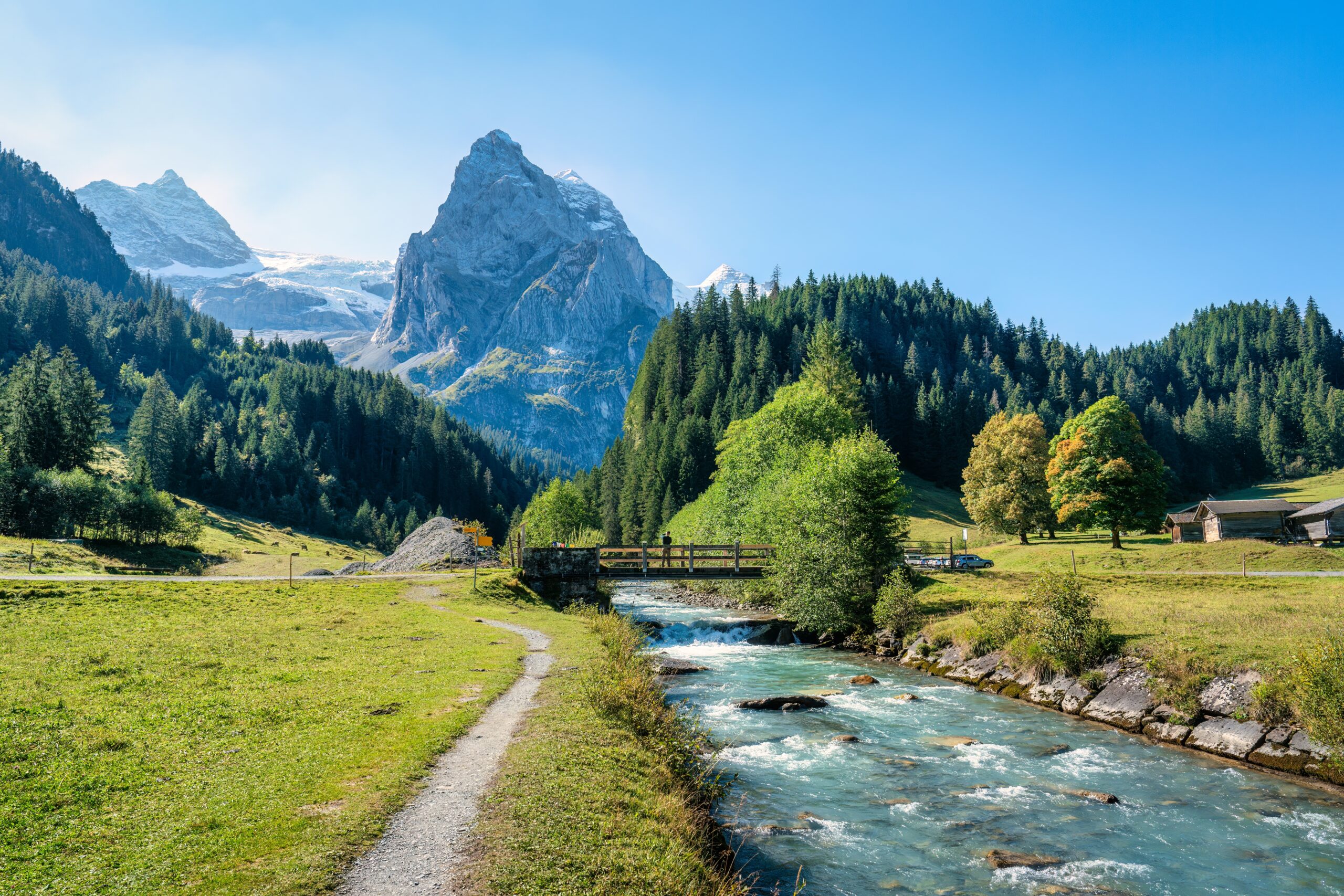Learning from Environmentally Friendly Countries

TEXT : Louis Terrier
Switzerland ranks third in the "Most Environmentally Friendly Countries" list published by the Notre Dame Global Adaptation Initiative (ND-GAIN). This means Switzerland has a strong resilience and exceptional adaptability to climate change. As the world faces environmental challenges, Switzerland offers the opportunity to enjoy breathtaking nature while being environmentally conscious.
There are several reasons why Switzerland receives high praise for "sustainability." One example is the "Swisstainable" initiative. This program provides travelers with sustainable options and demonstrates Switzerland's commitment to sustainability. The Swiss government and private companies collaborate to support sustainable efforts in tourism infrastructure, from green mobility to environmentally friendly accommodations.
When it comes to eco-friendly transportation, Switzerland also boasts the most developed rail network in Europe, making it easy to travel within the country. Both travelers and locals benefit from public transportation. Furthermore, Switzerland contributes to reducing carbon dioxide emissions.
According to ND-GAIN report data, Switzerland performs excellently in areas such as resource efficiency, pollution reduction, and recycling activities, resulting in a low vulnerability score for climate change. Moreover, with proactive approaches toward climate change adaptation, such as infrastructure investments and community empowerment, Switzerland has earned recognition as one of the most environmentally friendly countries.

Switzerland is home to various environmental protection activities. For example, the Swiss National Park, established in 1914, is a protected area covering 170 square kilometers, preserving pristine ecosystems and providing habitats for wildlife.
A key player in natural conservation efforts is the Alpine region. Organizations such as the Swiss Alpine Club (SAC) promote sustainable mountain tourism and work to protect the fragile Alpine ecosystem. For instance, SAC experts focus on managing CO2 emissions in tourist buildings, access routes, and certification systems, ensuring they remain within acceptable limits.
The hospitality sector is another example of Switzerland's commitment to sustainable tourism. Hotels and tour operators listed on the official Swiss tourism website, "My Switzerland," demonstrate environmental awareness by implementing practices such as energy-efficient buildings, waste reduction programs, and promoting local organic foods, in support of government programs.
Switzerland's recognition as the most environmentally friendly country proves its dedication to sustainability and environmental protection. As travelers, we can contribute to this mission by choosing environmentally friendly accommodations and activities. If you're visiting Europe, why not consider traveling to Switzerland, an environmentally conscious country?

